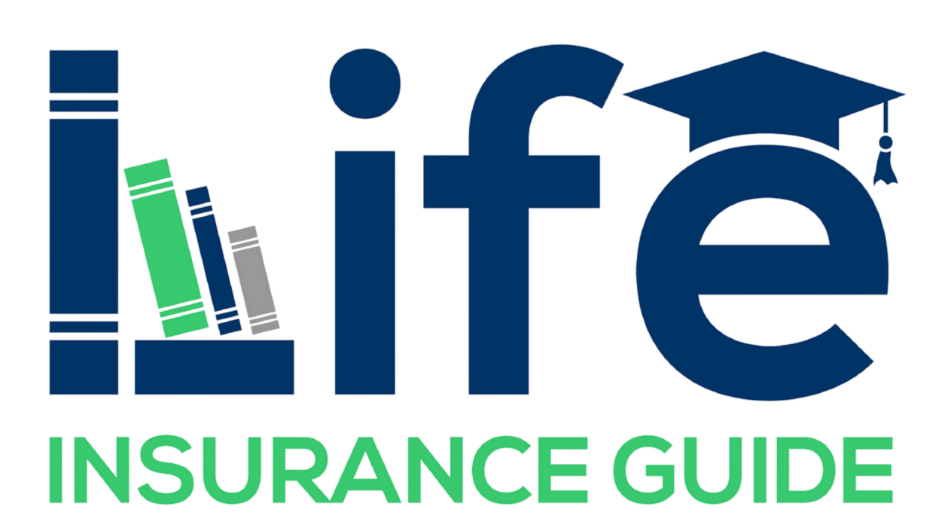Estate planning sounds formal – but at its heart, it’s about making sure the right people receive the right support when you’re no longer here to guide them. It’s not just for the wealthy or the retired; anyone with family, assets, or responsibilities can benefit from a little planning ahead.
What is estate planning?
Estate planning means putting in place a clear plan for what happens to your assets, responsibilities, and wishes after you die or if you’re unable to make decisions for yourself. For some, this may be as simple as writing a valid Will and nominating beneficiaries. For others, it can involve more complex arrangements – trusts, tax considerations, and strategies for how superannuation or insurance proceeds are handled.
Why it matters
A good estate plan helps to:
- Ensure your assets are passed on as you intend
- Reduce the burden and stress on family members
- Avoid disputes that can arise when things aren’t clear
- Manage potential tax implications so your estate isn’t unnecessarily reduced
- Protect vulnerable or dependent family members, such as children or those with special needs
It’s also about clarity – giving your loved ones certainty at a time when they need it most.
The role of life insurance
Life insurance often plays an important role in estate planning. It can create liquidity to help pay debts, fund tax obligations, or balance inheritances between family members. For example, if one child inherits the family business, life insurance can help provide an equivalent benefit to others.
It’s also important to think about how life insurance is owned and who the nominated beneficiaries are. Proceeds paid directly to the right person can avoid delays and may have different tax outcomes compared to payments through an estate or superannuation fund.
Navigating complexity
While online Will kits and templates can work for simple situations, life is rarely simple. Blended families, business ownership, superannuation balances, or cross-border assets can make things more complex than they seem. That’s why estate planning isn’t just about documents – it’s about coordination.
Financial advisers often help bring everything together – from identifying who depends on you financially, to ensuring your life insurance, superannuation, and estate planning strategies align. They can also help coordinate with legal professionals to create a plan that’s both affordable and appropriate for your needs.
Taking the next step
If you haven’t reviewed your Will or beneficiary nominations in a while, now’s a good time to start. Even small changes in your family or finances can make a big difference to how your estate is handled. Estate planning doesn’t need to be complicated or expensive – and a little advice today can save your loved ones confusion and heartache later on.
Broader Estate Planning Considerations
Estate planning often extends beyond just a Will. Some of the other documents and decisions that can form part of a complete plan include:
- Enduring Power of Attorney: Appoints someone you trust to make financial or legal decisions if you become unable to do so.
- Enduring Guardianship: Allows a trusted person to make health or lifestyle decisions on your behalf, such as accommodation or care choices.
- Advance Care Directive (or Living Will): Outlines your medical treatment preferences and future healthcare wishes.
- Superannuation death benefit nominations: Ensures your super and any life insurance held inside super go to the right beneficiaries.
- Trusts and company structures: Can help protect assets, manage tax, and control how wealth is distributed over time.
Each of these adds an extra layer of protection and peace of mind – and while they may sound complex, most can be arranged with straightforward guidance from an adviser or solicitor.




